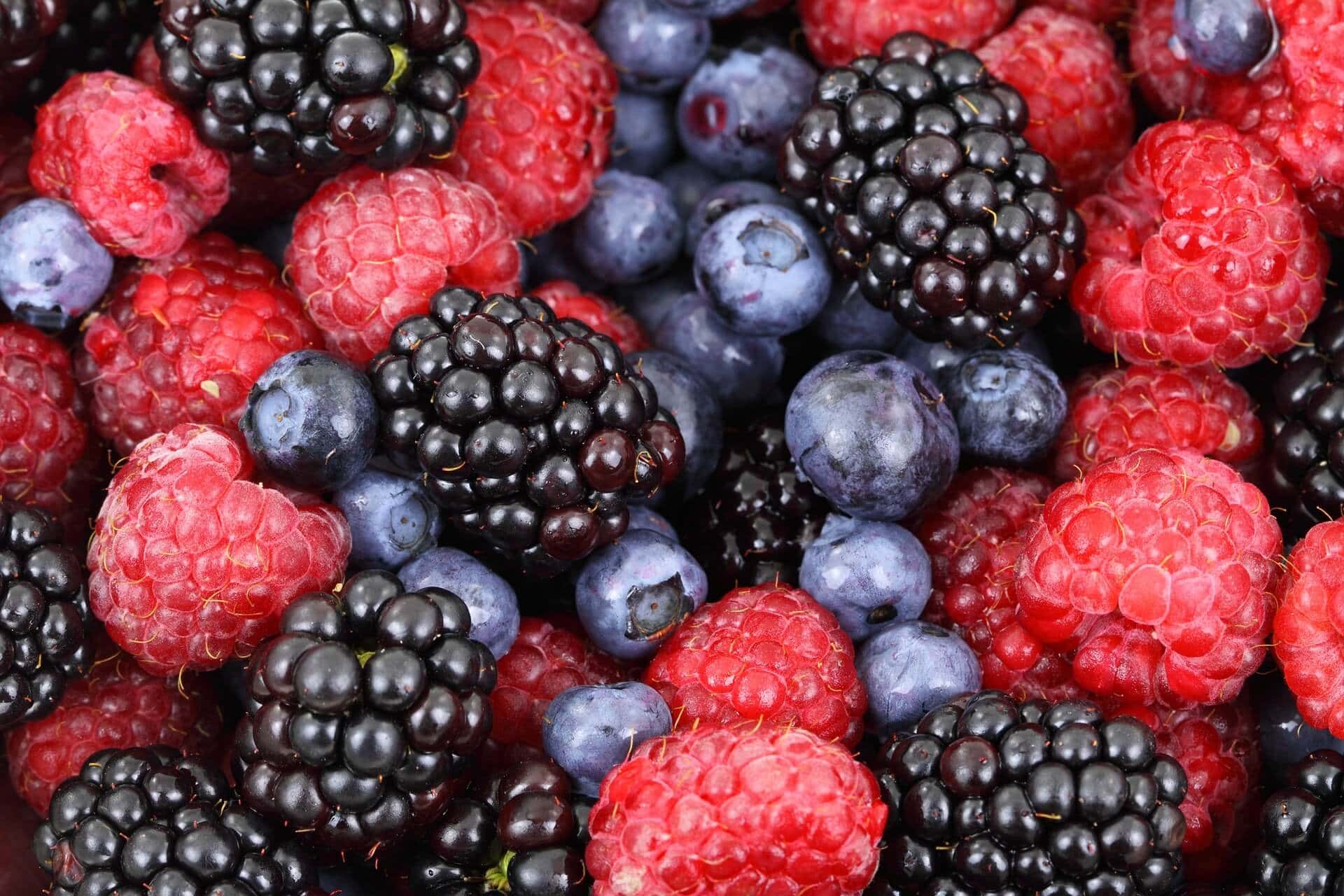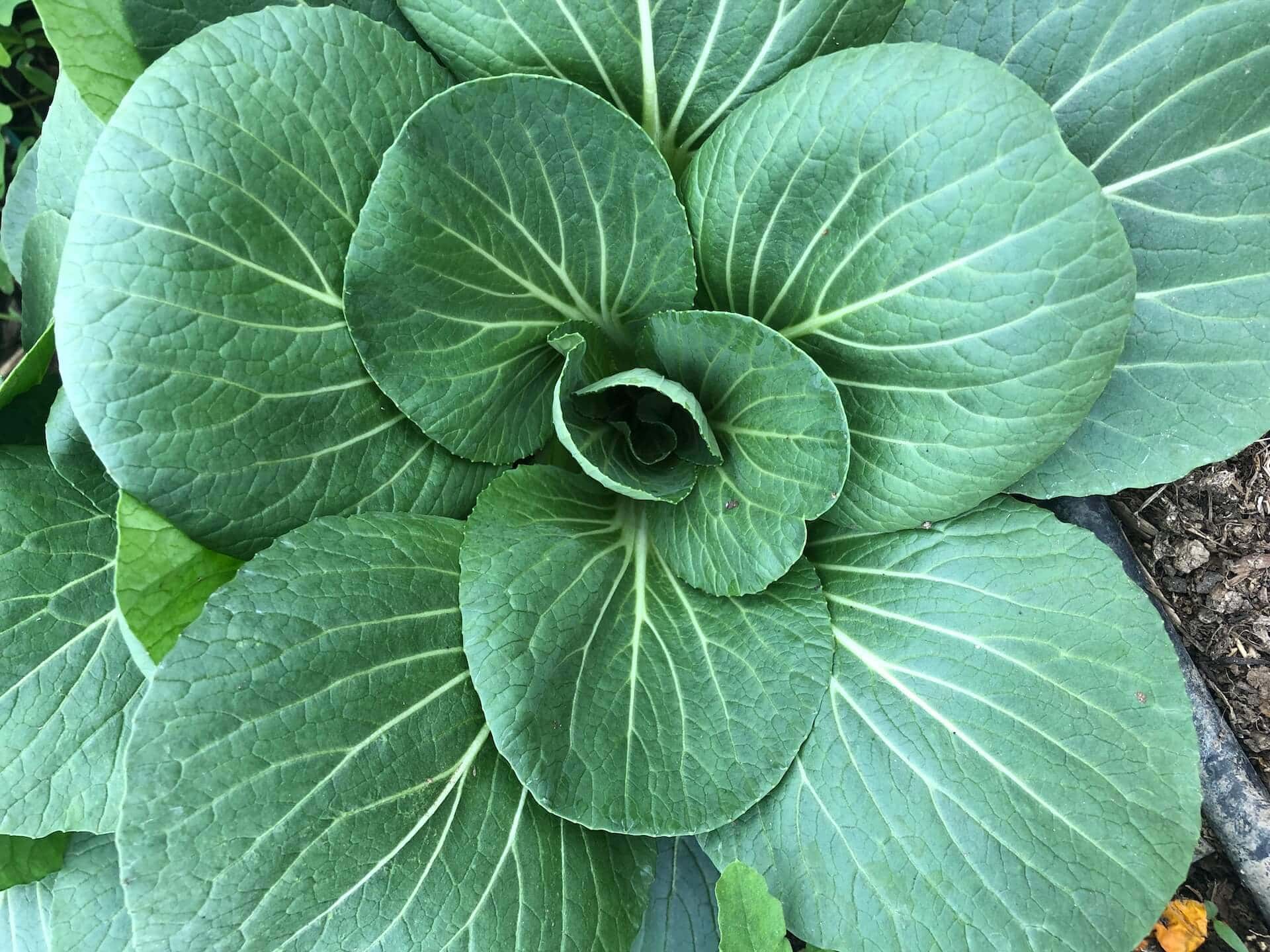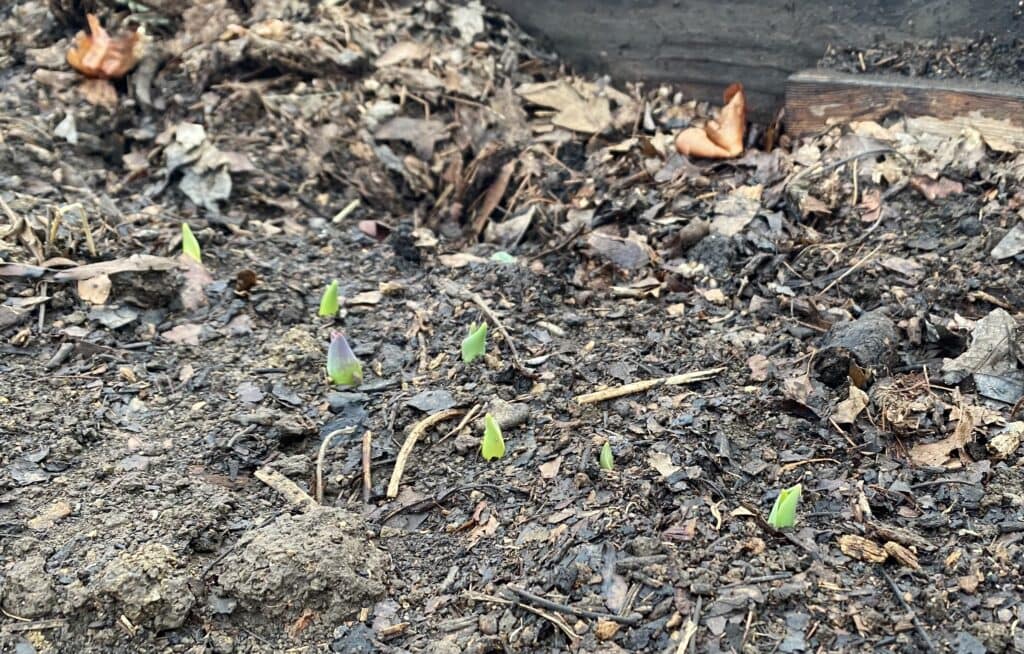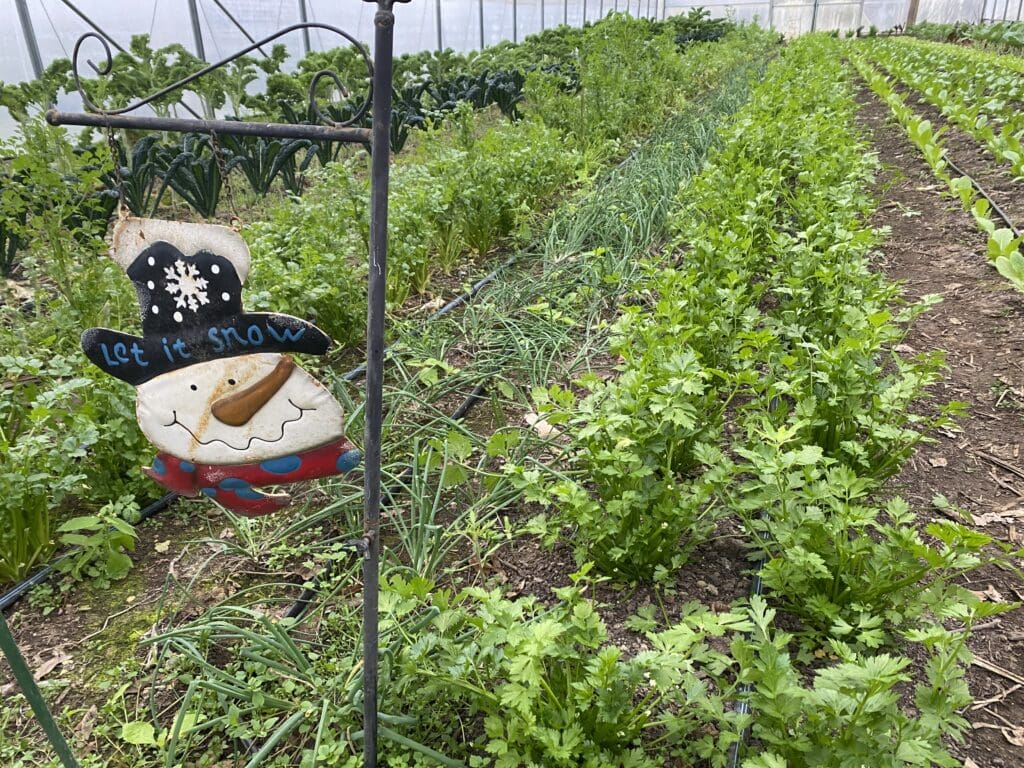This post may contain affiliate links. Probably doesn’t, but it might. It doesn’t cost you anything extra but if you use these links to buy something, we may earn a commission.
Are you tired of the bland and generic flavors of store-bought herbs? Have you considered using fresh herbs in your cooking? Local fresh herbs are not only more flavorful but also come with a multitude of health benefits. From boosting immunity to reducing inflammation, these herbs can do wonders for your body.
But that’s not all! Using locally sourced herbs also supports small businesses and the local economy. You can even grow your own herbs in your backyard or balcony, which not only saves you money but also ensures that your herbs are free from harmful pesticides.
So why settle for mediocre flavor and health benefits when you can easily incorporate local fresh herbs into your cooking? In this article, we’ll explore the many benefits of using local herbs in your meals and provide tips on how to source, store, and use them effectively. Let’s get started!
Table of Contents
Nutritional benefits of using local fresh herbs

When it comes to nutrition, fresh herbs are a powerhouse. They are packed with vitamins, minerals, and antioxidants that can help improve your overall health. Local fresh herbs are even more nutritious than their store-bought counterparts because they are picked at peak ripeness and do not have to travel long distances. This means that they retain their nutrients for longer, making them a great addition to your diet.
One of the most significant benefits of using local fresh herbs is that they are rich in antioxidants. Antioxidants are compounds that protect your body from damage caused by free radicals. Free radicals are unstable molecules that can cause oxidative stress, which has been linked to a wide range of health problems, including cancer, heart disease, and Alzheimer’s disease. By incorporating local fresh herbs into your diet, you can help protect your body from these harmful effects.
In addition to antioxidants, local fresh herbs are also rich in vitamins and minerals. For example, parsley is high in vitamin K, which is essential for blood clotting and bone health. Basil is rich in vitamin C, which supports a healthy immune system. Rosemary is a good source of iron, which is necessary for the production of red blood cells. By using a variety of local fresh herbs in your cooking, you can ensure that you are getting a wide range of essential nutrients.
Overall, using local fresh herbs in your cooking is a great way to boost your nutrition and protect your health. By choosing fresh, locally sourced herbs, you can ensure that you are getting the most nutrition possible from your food.
4 Health benefits of using local fresh herbs

In addition to their nutritional benefits, local fresh herbs also come with a wide range of health benefits. Here are just a few of the ways that using local fresh herbs can improve your health:
1. Boost immunity: Local fresh herbs are rich in immune-boosting compounds, such as vitamin C and flavonoids. By incorporating these herbs into your diet, you can help strengthen your immune system and protect yourself from illness.
2. Reduce inflammation: Many local fresh herbs have anti-inflammatory properties, such as ginger and turmeric. By using these herbs in your cooking, you can help reduce inflammation in your body, which has been linked to a wide range of health problems, including arthritis, heart disease, and certain types of cancer.
3. Aid digestion: Local fresh herbs, such as peppermint and fennel, have been used for centuries to aid digestion. By incorporating these herbs into your meals, you can help soothe your digestive system and prevent digestive issues, such as bloating and indigestion.
4. Improve mental health: Local fresh herbs, such as lavender and chamomile, have calming properties that can help reduce stress and anxiety. By using these herbs in your cooking or as part of a natural remedy, you can improve your mental health and overall well-being.
Overall, using local fresh herbs in your cooking is a great way to improve your health and well-being. By choosing herbs that have specific health benefits, you can tailor your meals to meet your individual needs.
Flavor benefits of using local fresh herbs

One of the most significant benefits of using local fresh herbs in your cooking is the flavor. Fresh herbs have a much more potent flavor than their dried counterparts, which can add depth and complexity to your dishes. By using local herbs, you can enhance the natural flavors of your food and create meals that are truly delicious.
In addition to their flavor, local fresh herbs also offer versatility in the kitchen. You can use herbs in a wide range of dishes, from soups and stews to salads and sandwiches. Fresh herbs can also be used to add flavor to sauces and marinades, making them a great addition to any cook’s arsenal.
When it comes to choosing herbs for your cooking, it’s important to consider the flavor profile of each herb. For example, parsley has a fresh, grassy flavor that pairs well with lemon and garlic. Rosemary has a woody, piney flavor that complements roasted meats and vegetables. Basil has a sweet, slightly peppery flavor that is perfect for pasta sauces and salads. By experimenting with different herbs, you can discover new flavor combinations and elevate your cooking to the next level.
Overall, the flavor benefits of using local fresh herbs are undeniable. By incorporating these herbs into your cooking, you can create meals that are not only delicious but also nutritious and healthy.
Environmental benefits of using local fresh herbs

In addition to their nutritional, health, and flavor benefits, local fresh herbs also come with a range of environmental benefits. By choosing to source your herbs locally, you can reduce your carbon footprint and support sustainable agriculture. Herbs are a key part of building a healthy ecosystem. By buying local, you are helping to support the health of your local community.
One of the biggest environmental benefits of using local fresh herbs is that they do not have to travel long distances to reach your plate. This means that they require less packaging and transportation, which reduces the amount of energy and resources needed to get them to you.
In addition, local fresh herbs are often grown using sustainable agricultural practices, such as organic farming or permaculture. These practices prioritize the health of the soil, water, and ecosystem, which helps to reduce the negative impact of agriculture on the environment.
By choosing to use local fresh herbs in your cooking, you can help support these sustainable agricultural practices and reduce your impact on the environment. You can also support small local farms and businesses, which helps to strengthen the local economy.
Tips for growing your own local fresh herbs
If you want to take your use of local fresh herbs to the next level, consider growing your own herbs at home. Not only is this a great way to save money, but it also ensures that your herbs are free from harmful pesticides and chemicals.
To get started with growing your own herbs, you will need a few basic supplies, such as pots, soil, and seeds or seedlings. You can grow herbs in a backyard garden, on a balcony, or even on a windowsill.
When choosing herbs to grow, consider the amount of sunlight and space you have available. Some herbs, such as basil and parsley, require full sun and plenty of space to grow, while others, such as mint and chives, can tolerate partial shade and smaller pots.
To ensure that your herbs thrive, be sure to water them regularly and fertilize them as needed. You can also prune your herbs regularly to encourage bushier growth and prevent them from becoming too leggy. While consistent watering is important, most of the herbs prefer to be slightly on the dry side. Allow them to dry out in-between waterings.
Consider an inexpensive course at a local garden center or online. This can save you lots of headaches and point out the tricky parts of planting and watering before the herbs are even planted. Here is a course just about growing herbs: https://greenthumb.samcart.com/products/herbs
Incorporating local fresh herbs into your cooking
Once you have sourced your local fresh herbs, it’s time to start incorporating them into your cooking. Here are a few tips for using herbs in your meals:
1. Start with a small amount: When using fresh herbs, it’s important to start with a small amount and adjust the flavor as needed. Remember, fresh herbs are much more potent than dried herbs, so a little goes a long way.
2. Add herbs at the end of cooking: To ensure that your herbs retain their flavor and nutrients, it’s best to add them at the end of cooking. This will also help to preserve their vibrant color and texture.
3. Experiment with different flavor combinations: Don’t be afraid to experiment with different herbs and flavor combinations. Try pairing basil with tomatoes or mint with watermelon for a refreshing summer salad.
4. Use herbs in sauces and marinades: Fresh herbs can add depth and complexity to sauces and marinades. Try adding rosemary to a balsamic glaze or cilantro to a spicy marinade for chicken.
3 Unique recipes using local fresh herbs
Looking for some inspiration for using local fresh herbs in your cooking? Here are a few unique recipes to get you started:
1. Lemon and herb roasted chicken: Combine fresh rosemary, thyme, and garlic with lemon juice and olive oil for a delicious marinade for roasted chicken. https://cafedelites.com/garlic-herb-butter-roast-chicken/
2. Herbed quinoa salad: Toss cooked quinoa with fresh parsley, mint, and basil, along with chopped cucumber, tomato, and feta cheese for a refreshing summer salad. https://www.missallieskitchen.com/quinoa-tabbouleh-with-basil-and-mint/
3. Herbed butter: Mix chopped fresh herbs with softened butter to create a flavorful spread for bread or vegetables.
4. Mint and cucumber water: Combine sliced cucumber and fresh mint in a pitcher of water for a refreshing and hydrating beverage.
Local fresh herb suppliers and farmers markets
If you’re looking to source local fresh herbs, there are plenty of options available. Here are a few places to start:
1. Farmers markets: Many of the farmers at a farmers markets offer a wide range of fresh herbs, along with other locally sourced produce. Look for vegetable growers who also grow herbs.
2. Local farms: Consider visiting a local farm or CSA (community-supported agriculture) program to source fresh herbs and other produce directly from the source. Small farms harvest daily to ensure the freshest possible produce. Look for a CSA provider near you or a local produce farm. You can find suggestions at www.LocalHarvest.org for farms near you.
Some CSA programs will incorporate herbs into the shares. That way you can experiment with different herbs each week.
3. Herb gardens or community gardens: Some communities have public herb gardens where you can pick your own herbs for a small fee.
Conclusion

If you are close to Wilmington, Delaware, we invite you to visit our farm market. We grow herbs all year and harvest daily for fresh options. If you are not close to us, then please find a local farm near you and support their business.
In conclusion, using local fresh herbs in your cooking is a great way to boost your nutrition, improve your health and enhance the flavor of your meals. By sourcing your herbs locally at a small farm or farmers market, you can also support sustainable agriculture and small local businesses.
Whether you choose to grow your own herbs or source them from a local grower, incorporating fresh herbs into your cooking is a simple and delicious way to elevate your meals and improve your overall well-being.
Happy cooking and happy eating!
Additional resources:
The Old Farmer’s Almanac: https://www.almanac.com/herb-recipes-cooking-fresh-herbs





